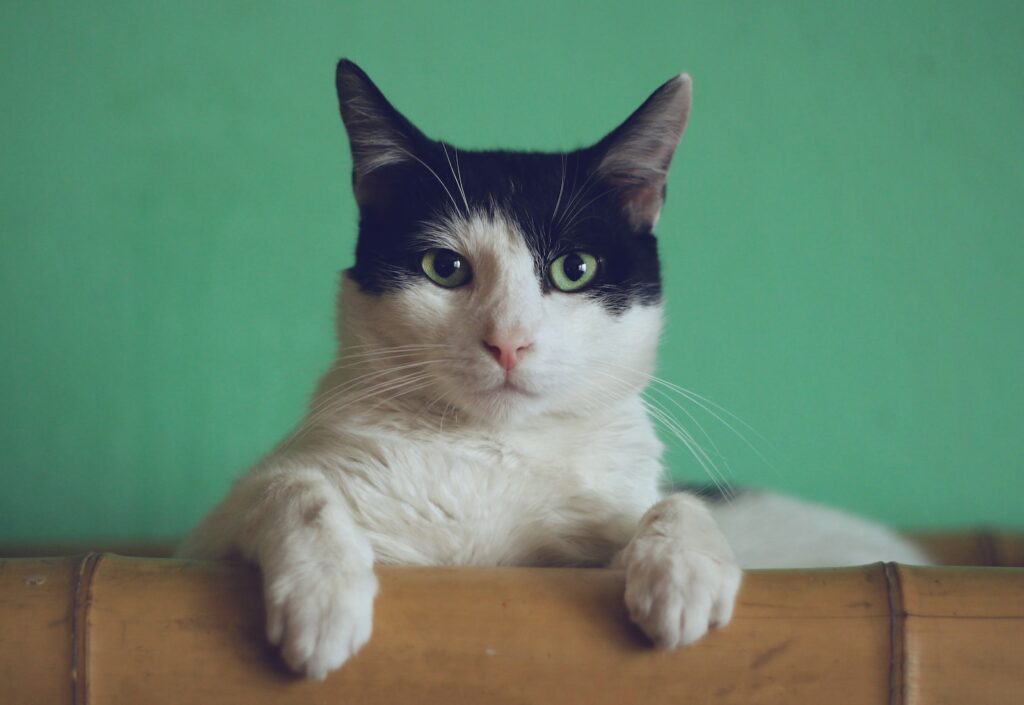Can Cats Eat Cocoa? — No, They Can’t
Cocoa, whether it’s in the form of powder, chocolate bars, or hot cocoa, is highly toxic to cats and should never be consumed by them. As much as we enjoy the rich flavor and aroma of cocoa, it poses serious health risks for our feline friends. Cats lack the necessary enzymes to metabolize theobromine, a natural compound found in cocoa, which can lead to severe poisoning if ingested.
Is It Safe for Kittens to Consume Cocoa?
Just like adult cats, kittens should absolutely avoid consuming cocoa in any form. Their delicate systems are even more vulnerable to the harmful effects of theobromine. Even a small amount can cause toxicity, leading to symptoms such as rapid breathing, increased heart rate, tremors, and, in severe cases, seizures or even death. It is crucial to keep cocoa products completely out of reach of curious kittens.
Risks Associated with Feeding Cocoa to Kittens
Kittens are particularly susceptible to the toxic effects of cocoa due to their smaller size and developing metabolism. Theobromine poisoning can overstimulate their nervous system, causing a range of symptoms such as gastrointestinal upset, hyperactivity, restlessness, and an increased risk of dehydration. Immediate veterinary care is essential if you suspect your kitten has ingested cocoa.
Why Cocoa is Not Recommended for Cats
Theobromine Content
Cocoa contains significant amounts of theobromine, which is highly toxic to cats. Theobromine is a stimulant that affects the central nervous system and cardiovascular system in cats more severely than in humans or other animals. Even a small quantity of cocoa can result in theobromine poisoning, causing a myriad of health issues.
Gastrointestinal Distress
Ingesting cocoa can cause digestive problems in cats. The high fat content of chocolate can lead to pancreatitis, an inflammation of the pancreas. Symptoms include vomiting, diarrhea, abdominal pain, and loss of appetite. Additionally, cocoa stimulates the gut, causing excessive contractions and potentially resulting in diarrhea and dehydration.
Cardiovascular Issues
Theobromine affects a cat’s cardiovascular system, causing an elevated heart rate and blood pressure. This can lead to arrhythmias (abnormal heart rhythms), palpitations, and even heart failure. Ingesting cocoa can put immense stress on a cat’s cardiovascular system and pose a significant threat to their overall health.
Known Health Issues in Cats from Consuming Cocoa
Consuming cocoa can have severe health consequences for cats, including but not limited to:
- Seizures: Theobromine toxicity can trigger seizures in cats, which are distressing and potentially life-threatening events.
- Hyperactivity: Cats may exhibit excessive restlessness and hyperactivity after ingesting cocoa, which can lead to increased accidental injuries.
- Dehydration: Cocoa’s stimulant properties can contribute to increased urination, leading to dehydration if the cat fails to adequately rehydrate.
What to Do If a Cat Has Consumed Cocoa?
- Contact a Veterinarian: Immediately reach out to your veterinarian or an emergency pet helpline for guidance on the next steps to take.
- Do Not Induce Vomiting: Unlike in some cases of ingestion of other hazardous substances, it is not advisable to induce vomiting in cats that have consumed cocoa since it can further irritate the gastrointestinal tract.
- Provide Fresh Water: Ensure that your cat has access to clean water to mitigate potential dehydration caused by theobromine’s diuretic effects.
Safe Alternatives to Cocoa for Cats
If you’re looking for treats or foods to share with your feline companion, consider these safe alternatives to cocoa:
- Fresh catnip
- Plain cooked chicken or turkey (without seasoning)
- Small amounts of plain yogurt
Always consult with your veterinarian before introducing any new foods into your cat’s diet.
Conclusion
When it comes to cocoa, the message is clear: it should never be given to cats under any circumstances. The theobromine content in cocoa poses serious risks to their health, and even a small amount can be toxic. It’s crucial to keep all cocoa products securely stored away from curious paws. Opt for safe alternatives and prioritize your feline friend’s well-being and safety above all else.






